While preparing to write this article, I pondered the old saying and idea that”fashion is superficial,” a shared cultural perception that has existed for a long time by many.
During my research, I could not find exactly where the phrase originated. Yet, various sources have noted a belief that fashion is simply about surface-level appearances and is, therefore, shallow and meaningless.
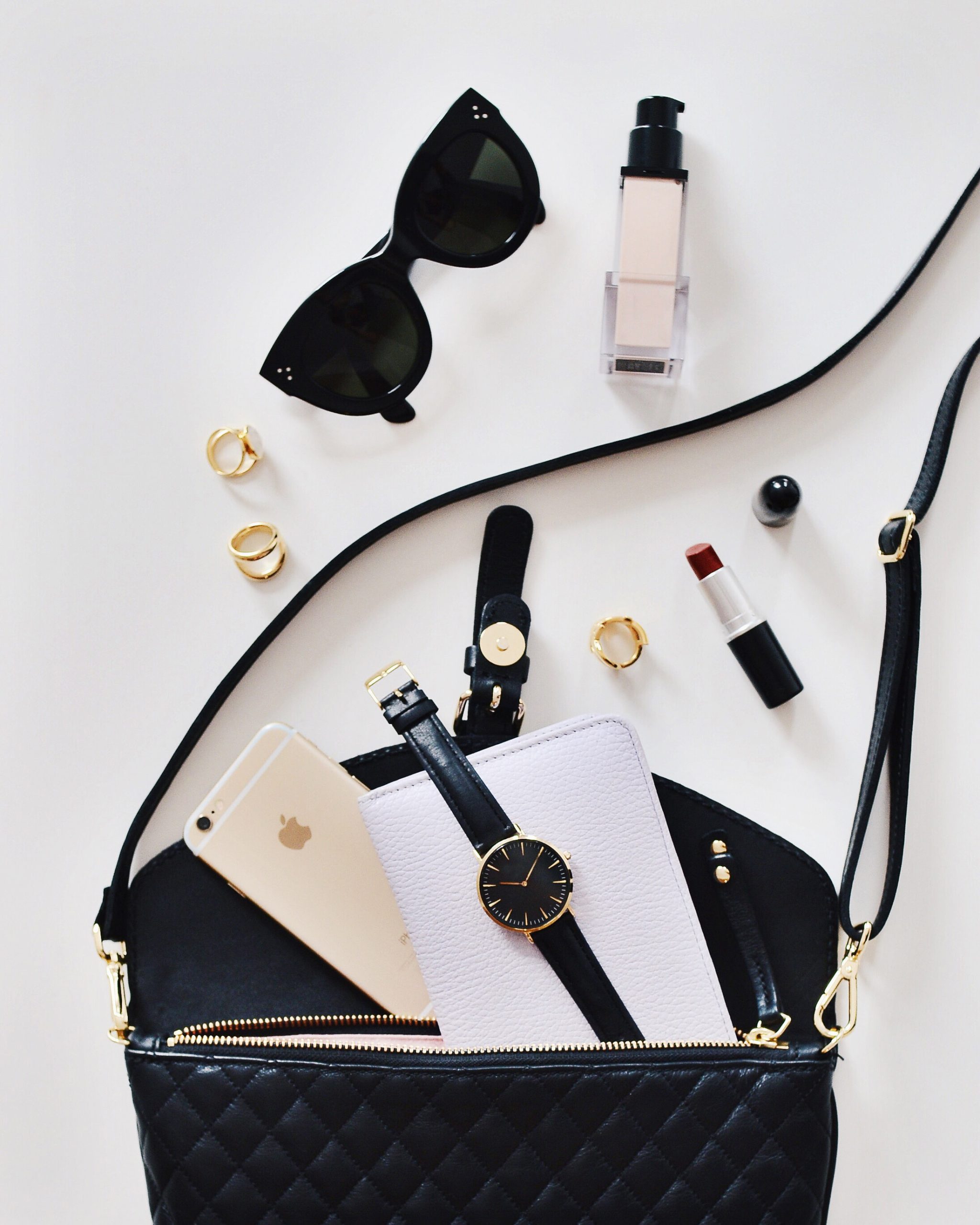 (Photo: Marissa Grootes)
(Photo: Marissa Grootes)
I beg to differ, and let me tell you why.
People often use clothing and accessories to signify wealth, access, status, and power; some pretend for the same reasons. In this sense, I agree with how some can view fashion as an artificial construct reinforcing social hierarchies and valuing superficial appearances over substance in this form.
Additionally, the fast-paced and trend-driven nature of the fashion industry, where trends can change rapidly, may contribute to the perception that fashion is superficial and fleeting.

However, it’s worth noting that fashion can also be a form of self-expression and creativity. Many designers and fashion enthusiasts view it as a legitimate art form, like others can view classic cars as valuable limited edition art. Ultimately, whether or not fashion is superficial is a matter of personal perspective and interpretation.
Despite the idea that “fashion is fleeting,” it is a common expression attributed to many people throughout history. A famous designer, Coco Chanel, stated, “Fashion fades, only style remains the same.” This quote suggests that while specific fashion trends may come and go, true style is timeless and enduring.
If we take the idea of superficial fashion from the elite and shift the focus to the average middle-class worker, dress code styles can serve several purposes. One is a consistent image for a company, and two helps establish a clear set of employee expectations. For example, dress code style business attire policies can help project a more professional image to clients and customers.
On a personal level, clothing is not just a practical item but can also be a means of communication and self-expression. It can signal a person’s cultural identity and sense of belonging to a particular group or community, Such as traditional African clothing or Scottish kilts.
Would we call this superficial or a fade to fashion? I think not.
 (Photo Vasi)
(Photo Vasi) 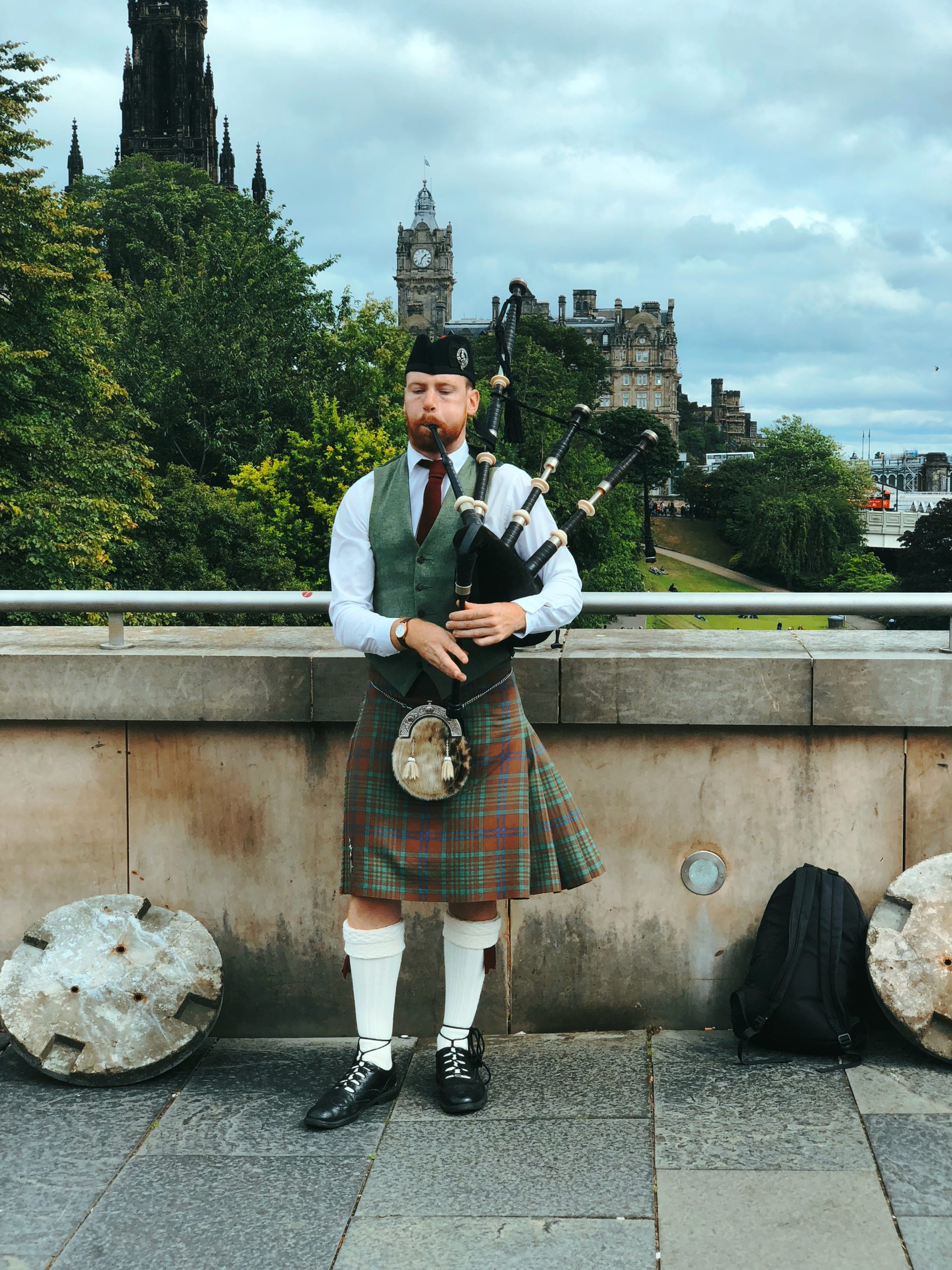 (Photo Jon Tyson)
(Photo Jon Tyson)
THE RESEARCH
Furthermore, in 2012 a study by researchers Adam and Galinsky at Northwestern University examined the phenomenon of “enclothed cognition,” which refers to the psychological effects of clothing on the wearer. The study found that clothing can significantly influence a person’s cognitive processes, behavior, and performance.
One of the study’s key findings was that wearing clothing associated with a certain stereotype or social role can change how people think and behave. For example, participants who wore a lab coat identified as a doctor’s coat showed increased attention to detail and performed better on tasks that required focus and careful attention.
The research also found that clothing can influence a person’s self-perception and confidence. Participants wearing superhero costumes reported feeling more confident and assertive and were likelier to take on challenging tasks.
The study suggests that clothing is more than just a practical necessity. It can also have significant psychological and social effects on the wearer. By understanding how clothing can influence our thoughts and behavior, we can use clothing strategically to enhance our performance, confidence, and self-perception.
I believe two things can be accurate simultaneously when making various points. While clothing can serve practical and functional purposes. It’s essential to recognize that clothing can also be necessary in shaping our social and cultural identities and experiences. Dress coding can be used as a tool in itself to self-express and reflect our values, interests, and beliefs without saying a word in a good way.
However, it is also true that when clothing becomes someone’s sole identity, or when they rely too heavily on clothing to define themselves, it can become superficial. This can happen when people overly fixate on brand names or designer labels or overtly use clothing to signal social status or wealth.
Don’t get me wrong, I adore quality and craftsmanship, yet in sum, I do not believe clothing makes me who I am; it is simply a tool.
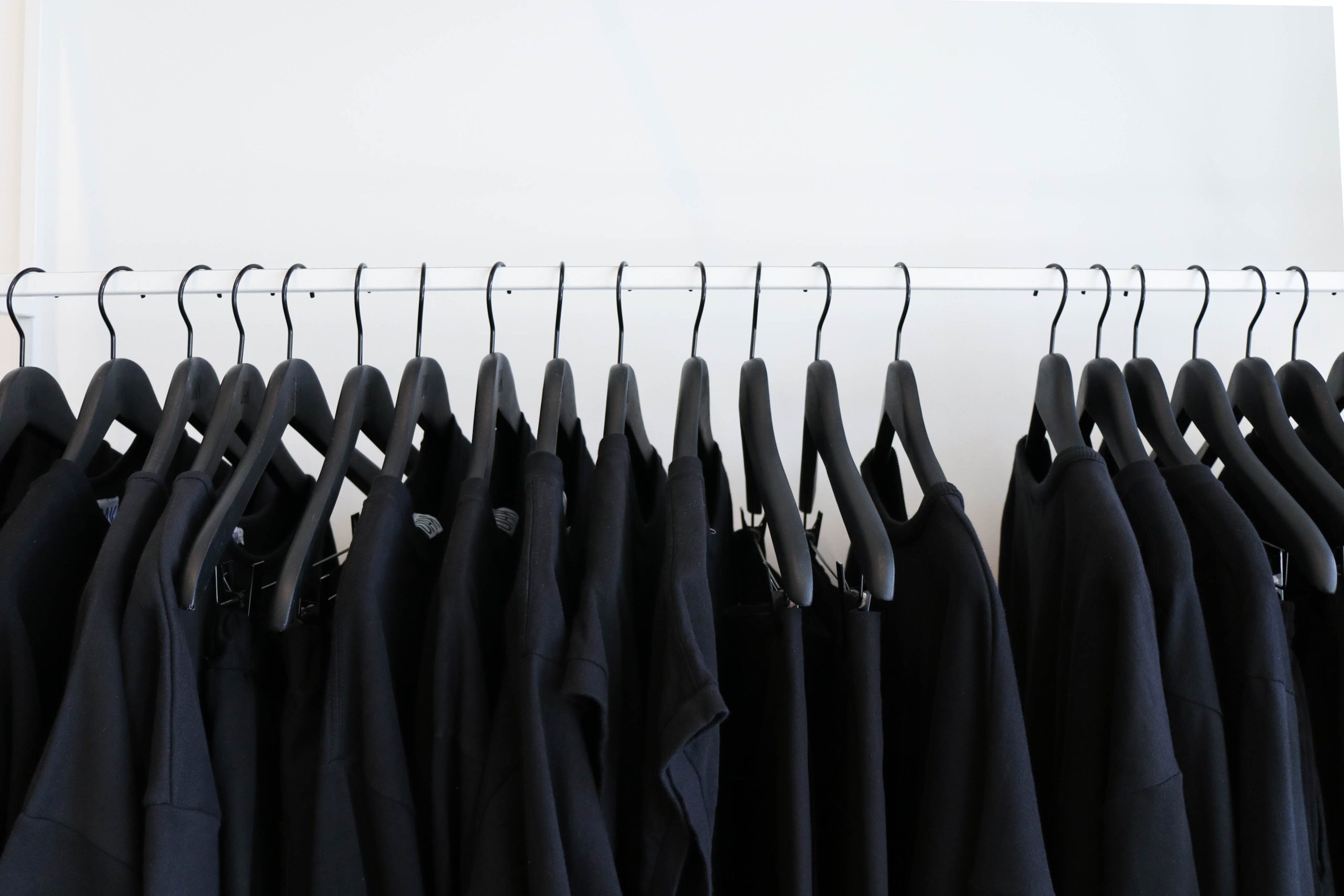 (Photo: No Revisions)
(Photo: No Revisions)
Balancing practicality and personal style can help us feel good while expressing our unique identities. By focusing on both functionality and personality in our choices, we can create a wardrobe that reflects our values and helps us feel confident and comfortable in our own skin.
So now, I want to hear from you:
- How does your clothing affect your mood or behavior?
- Have you ever noticed a difference in how you feel or act based on what you’re wearing?
- Have you ever used clothing strategically to enhance your performance or confidence in a specific situation? How did it work for you?
- Do you think that clothing can reflect a person’s personality and values?
- How do you use clothing to express yourself?

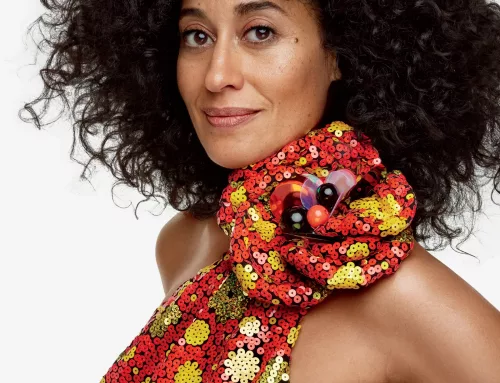
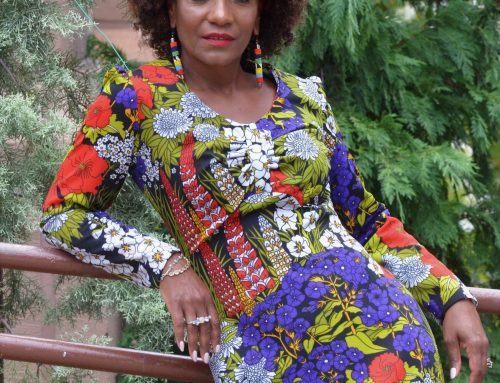
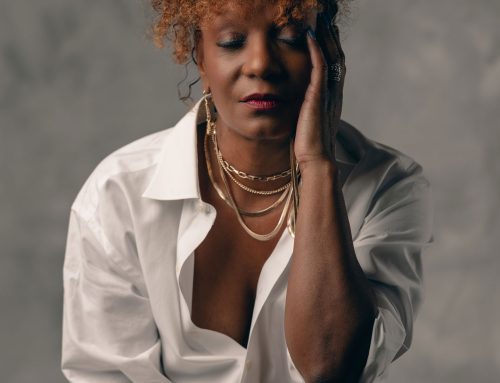
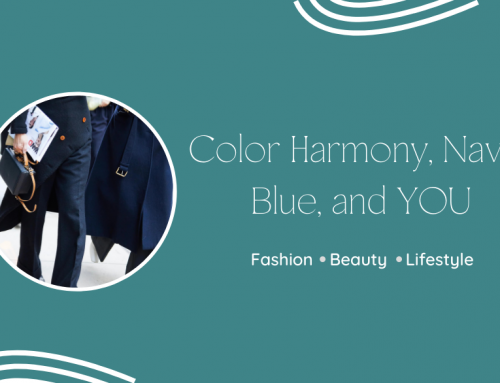
Leave A Comment